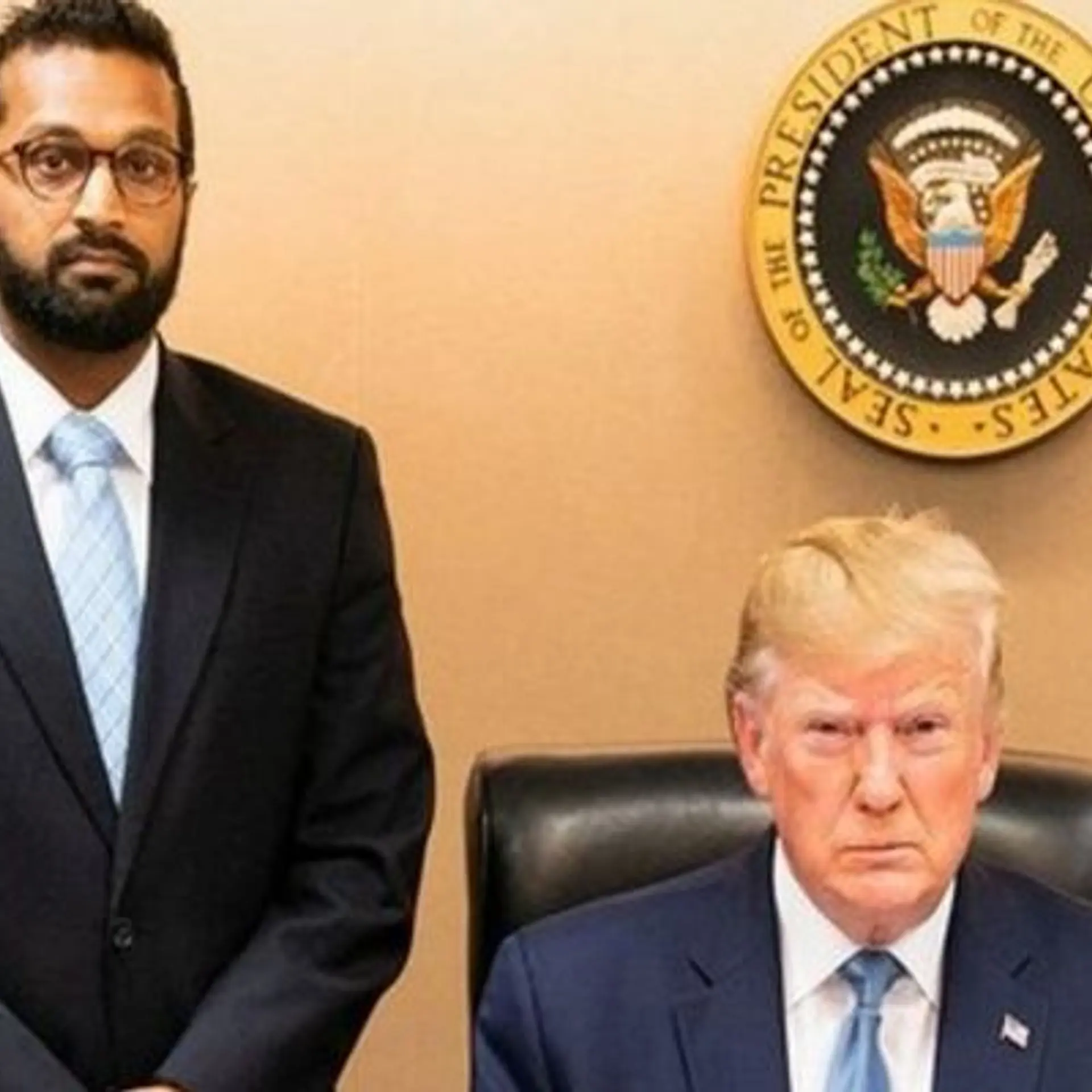When Vijay Mundra, an entrepreneur from Indore, started his company Mundra Steel Re-rolling Mill, he faced all kinds of problems. They couldn’t get the right and profitable product mix for 3-4 years. There was always shortage of working capital and banks were unwilling to lend the sufficient capital to new business without big mortgage and personal guarantees.
“We were having all kinds of problem. We had even decided to sell the business and go back to our earlier jobs. My elder brother insisted that we rethink and redefine the whole process and identify problem areas to improve the efficiency of the plant. We appointed best talent in our line of business as our employees and advisors. Now after 13 years, we are into 5 different businesses and doing very well,” says Mundra.
These rising entrepreneurs from small towns are not looking at the big fat cheques. What they need is the basic capital, the strategic thought leadership and mentoring that will take them to the next level.
Smaller towns have a lot to offer in terms of peer competition, products and services. They also provide the advantage of lower construction costs, shorter commuting hours, scope of improved lifestyle and security from the night-life hazards that metros boast to provide.
Take another example of Mobile Magic, a retail chain of stores selling mobile phones and accessories. Right from their inception in 2004, they have consciously rolled out branches in rural areas and small towns. Today, when other mobile stores are folding up their businesses in metros due to high rentals and low sales, Mobile Magic has grown into a chain of 100 stores spread over 70 small cities across India. “The sales figures of Satara, a small town in Maharashtra, are as good as the one from Pune,” says Vivek Palod, Director and co-founder of the company.
Being an entrepreneur in a small town is not to be born with a silver spoon. Instead it is: get the silver, have the necessary tool, make a spoon and then eat with it. A first hand experience that I opt to share is about my father, a successful businessman and a pioneer in the field of manufacturing automobile parts. He started his own venture way back in the 70’s, facing and overcoming many challenges. To quote a few: transportation, getting government approvals for exports, poor infrastructure, limited labor etc. Imports were not encouraged and working with locally manufactured machineries had their own after- effects. Against all these odds, he survived, managed and excelled in establishing a successful business. I quote of one of my takeaways from him: “All it takes to be an entrepreneur is the right mix of people, enthusiasm and great ideas. Tap the abilities of the "street smart" small town entrepreneurs and partner with the right mix of people from other backgrounds to foster the spirit of entrepreneurship by providing them with the network, mentoring and the money”
Bonanza Portfolio Ltd, a stock broking firm, partnered with its sub-brokers in 2001, when stock market had touched nadir after 9/11. Today, they have 900 branches in smaller cities across India. By March 2009, they are aiming at cornering 4% share of the Indian capital market.
Small towns also infuse that dogged determination to persevere and succeed in the most competitive business environments.
Rajendra Singh, who grew up in Rajasthan's Kairoo village- no telephone and no electricity – is today a telecom czar and counted as among world’s top 1000 richest entrepreneurs ($1.2 billion of personal wealth according to Forbes).
Kumar- chairman of data protection specialist InMage Systems- whose last name Malavalli is a village in Karnataka's Mandya district, studied in Mysore's nondescript National Institute of Engineering (also alma mater of Infosys' N.R. Narayana Murthy). Today, he is one of the most respected entrepreneurs in Silicon Valley. He co-founded Brocade Communications in 1995, a maker of storage area networks (SAN), high-speed, mass-storage suites that companies like Sony, CNN and even IBM use to stash away data at offsite locations.
By 2009, 110-130 million Indian citizens will be searching for jobs, including 80-100 million looking for their first job; that’s seven times Australia's population. This does not include disguised unemployment of over 50% among the 230 million employed in rural India. Since traditional large employers – including the government and the old economy players – may find it difficult to sustain this level of employment in the future, it is entrepreneurs from smaller towns and cities who will have to create these new jobs and opportunities.
With India taking rapid strides towards growth and competing with the global giants, it’s about time that it should not rely only on the metros for a flourishing economy but also focus on the smaller towns and bring them up the economical curve. It is tier-II cities like Chandigarh, Jaipur, Indore, Bhopal, Coimbatore, Mysore, and Belgaum etc that are catching the eyes of the investing community now.
People from secondary and tertiary cities are more street smart. However, there is a fair amount of work required in educating the street smart minds on fixed and working capital (arranging and use), and optimum utilization of resources.
So, what are you all waiting for folks! You have an idea that you can weave into the best available business module. You have a town that you desperately want to go back to and breathe in the fresh air (instead of pollution) and where you won’t have telemarketers munching onto your brains…….Quit the city life (I know its tough) and dream on….to become an “Small Town Entrepreneur”






